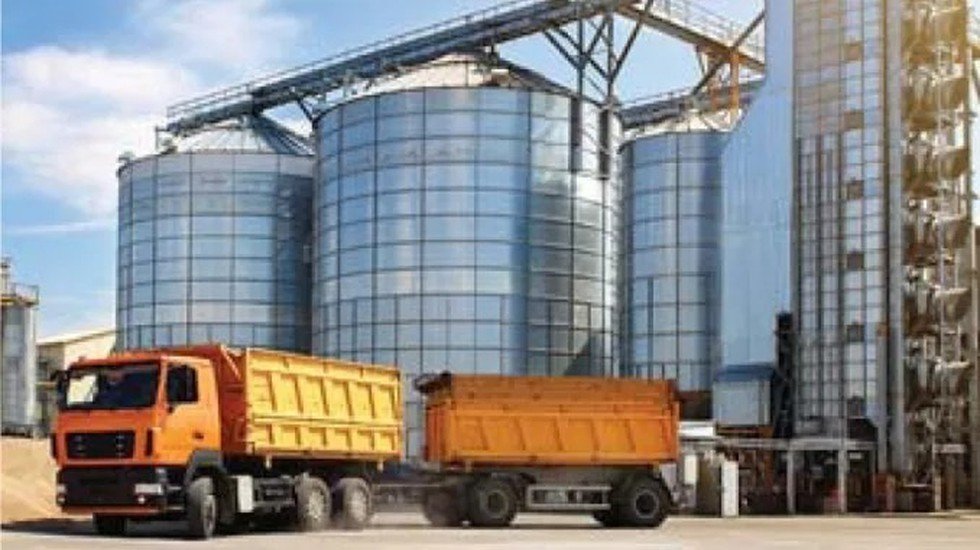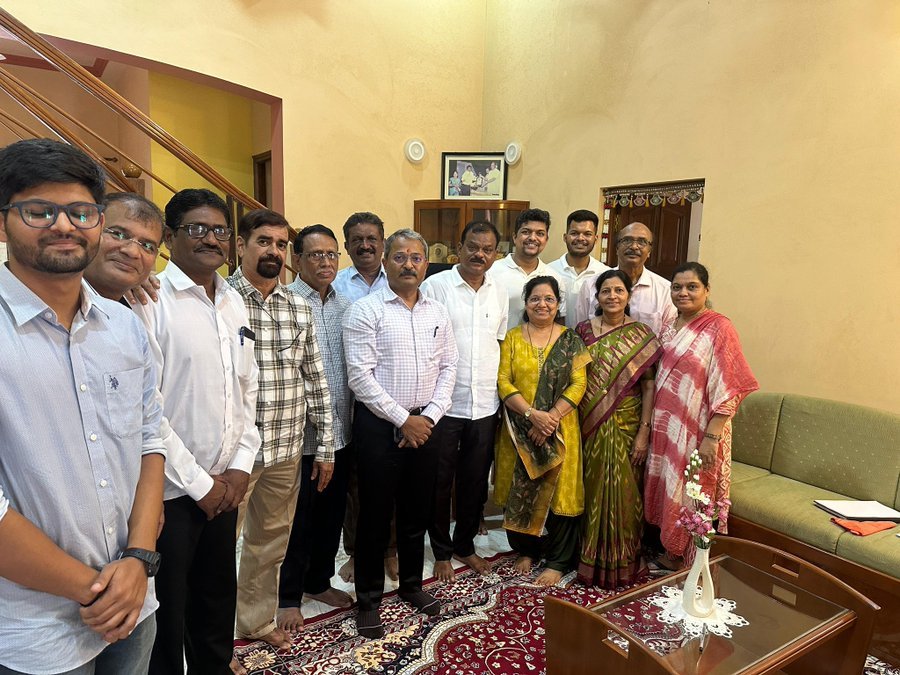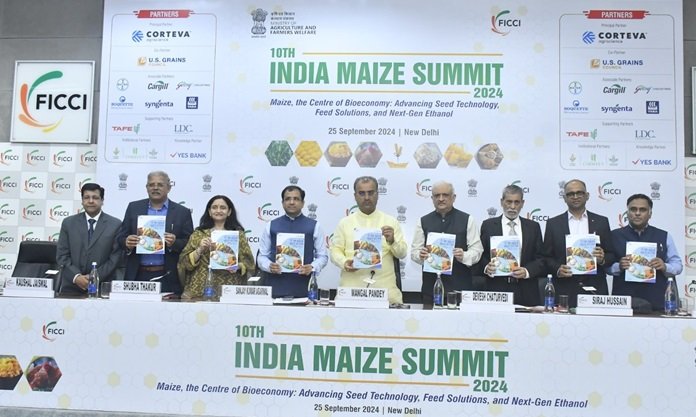Honeywell and USA Bioenergy to collaborate on automation at sustainable aviation fuel refinery
Honeywell plans to implement its Experion® PKS Distributed Control System at Texas Renewable Fuels advanced biorefinery that will produce sustainable aviation fuel for Southwest Airlines.
Honeywell today announced it has signed an agreement with USA BioEnergy (USABE) to implement its Experion® PKS Distributed Control System (DCS) and safety system at USABE’s new Texas Renewable Fuels Bon Wier advanced biorefinery, which is designed to convert wood waste into sustainable aviation fuel (SAF). This collaboration underscores Honeywell’s alignment of its portfolio to three compelling megatrends—automation, the future of aviation, and energy transition.
Honeywell Experion® PKS will support the Texas Renewable Fuels plant’s central control and safety operations, ensuring optimal performance, reliability, and safety. The system’s real-time data acquisition, monitoring, and control capabilities can revolutionize the complex processes involved in converting wood waste into SAF. By integrating these functions, Honeywell is set to significantly enhance operational efficiency and help USA BioEnergy achieve its production targets with minimal downtime, ultimately leading to reduced airline emissions and more sustainable commercial flight.
“Our selection of Honeywell’s Experion® DCS and safety systems for our planned Bon Wier facility was a strategic decision to ensure we operate with the highest efficiency and safety standards,” said Nick Andrews, CEO of USA BioEnergy. “Honeywell’s proven expertise and innovative solutions will be instrumental in helping us achieve our mission of producing sustainable aviation fuel with the lowest carbon intensity score in the industry.”
Located in Bon Wier, Texas, the planned $2.8 billion greenfield facility aims to address airlines’ growing demand for SAF by converting sustainably sourced forest thinnings into SAF. In advance of the facility’s opening, USA BioEnergy recently signed a 20-year offtake agreement with Southwest Airlines Co. (“Southwest”) under which Southwest may purchase up to 680 million gallons of neat – or unblended – SAF. Once blended with conventional jet fuel, the SAF could produce the equivalent of 2.59 billion gallons of net-zero fuel and avoid 30 million metric tons of CO2 over the offtake agreement term.
“Honeywell’s industry-leading automation and safety solutions will be at the forefront of USA BioEnergy’s SAF facility and will help play a meaningful role in advancing the future of aviation,” said Pramesh Maheshwari, President of Honeywell Process Solutions. “Our partnership not only reflects our vision of a sustainable future, but it also demonstrates our commitment to delivering cutting-edge solutions that drive efficiency through intelligent operations.”
In addition to the DCS and safety systems, Honeywell will also implement the Experion Industrial Security system to bolster the facility’s integrated telecommunications infrastructure. This advanced security solution will safeguard the plant’s critical assets and ensure secure and reliable communications across the entire facility, mitigating potential cyber threats and enhancing overall operational resilience.
Honeywell helped pioneer SAF production with its EcofiningTM process, which has been used to produce the fuel commercially since 2016. The company now offers solutions across various feedstocks to meet the rapidly growing demand for renewable fuels, including SAF. In addition to Honeywell Unicracking and Ecofining, Honeywell’s renewable fuels portfolio includes ethanol-to-jet technology and eFining™, which converts green hydrogen and carbon.
USABE’s Texas Renewable Fuels Bon Wier facility is in the detailed design and engineering stage. The Company is represented by Citi.
Honeywell plans to implement its Experion® PKS














